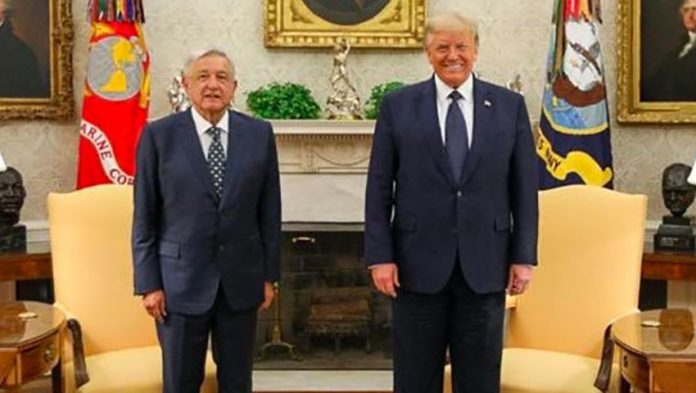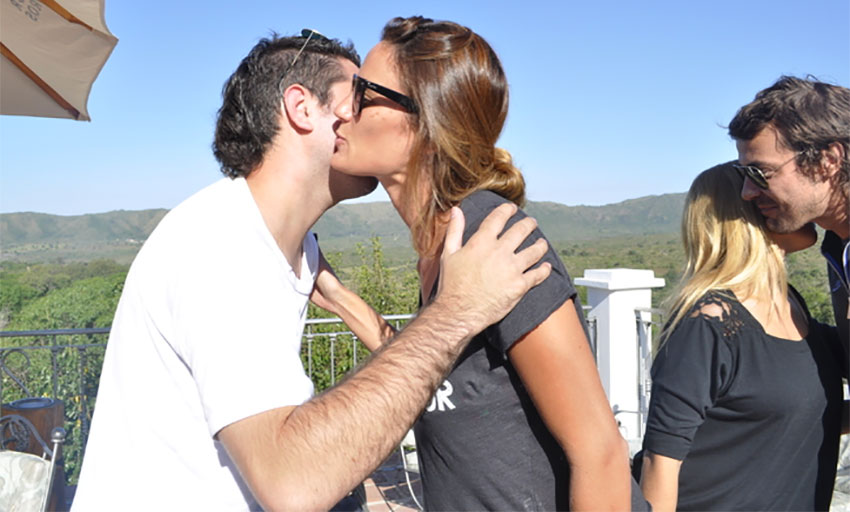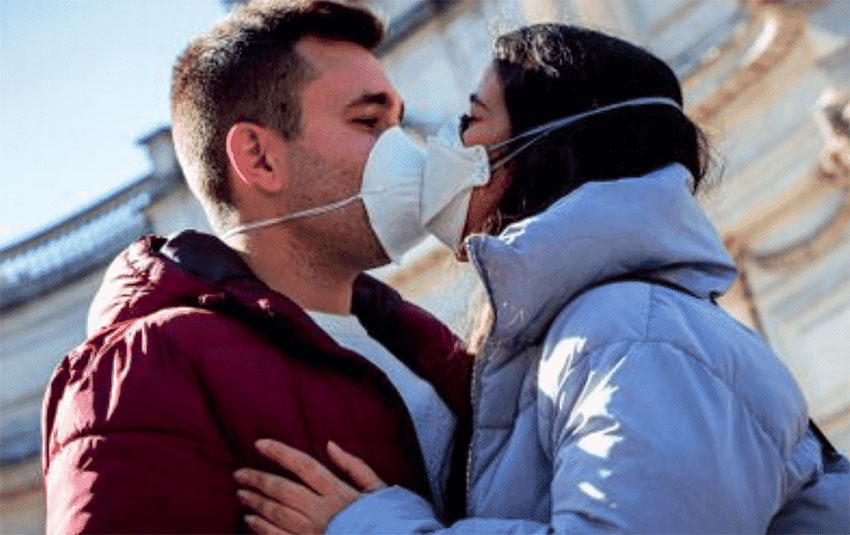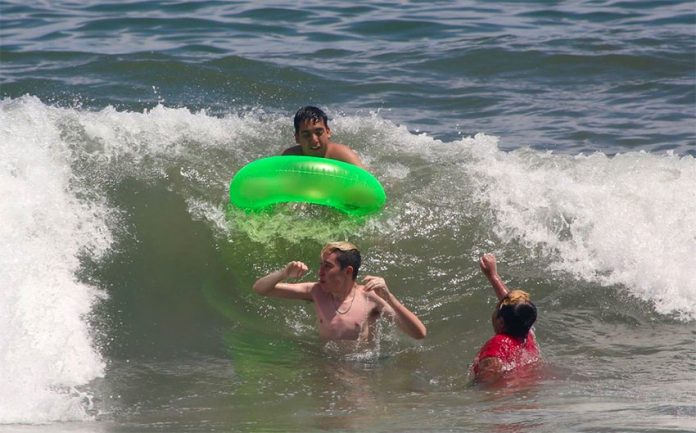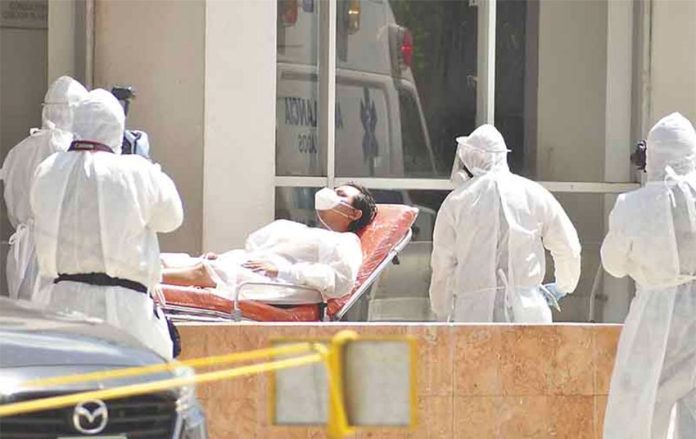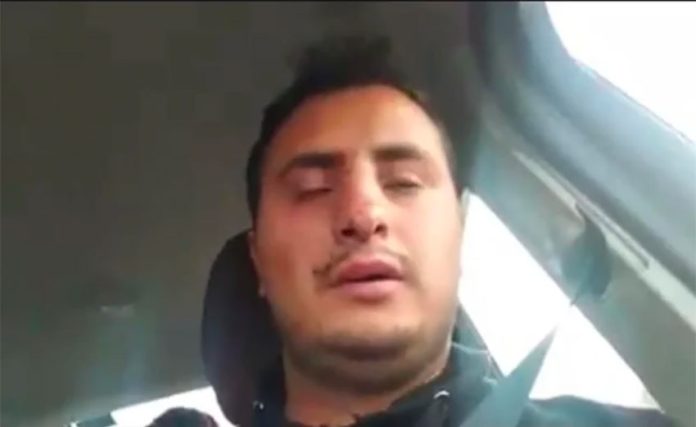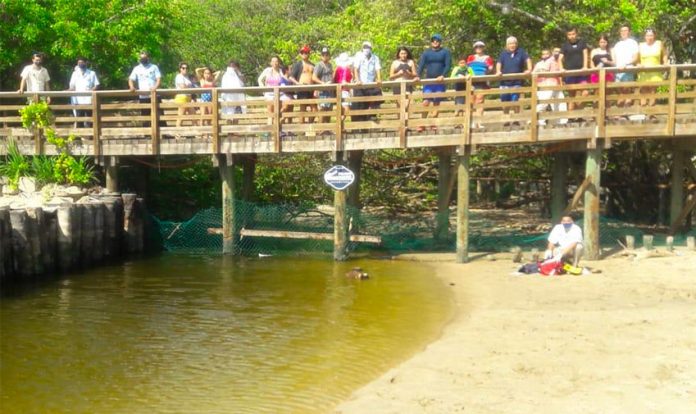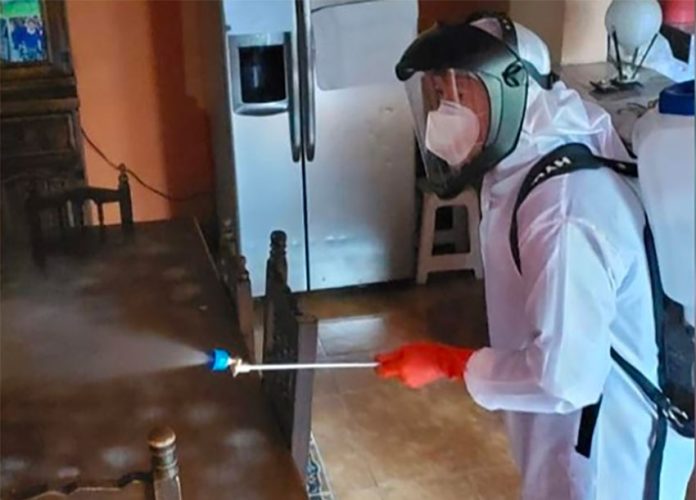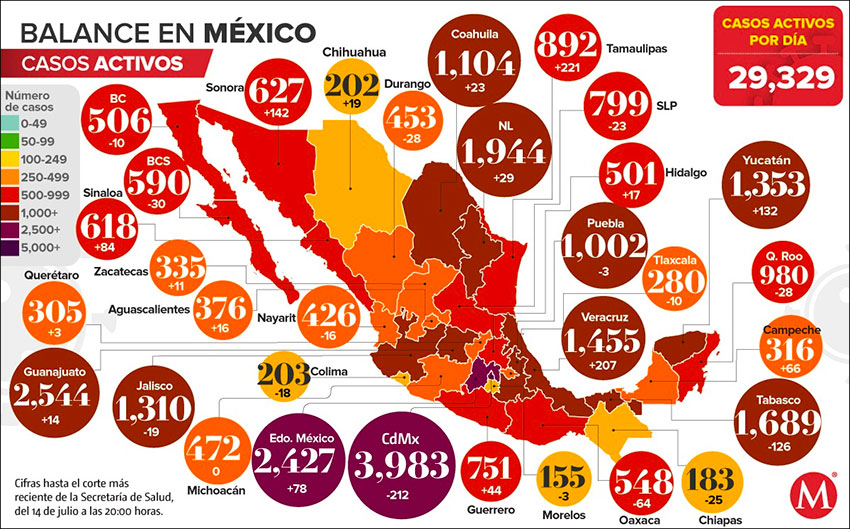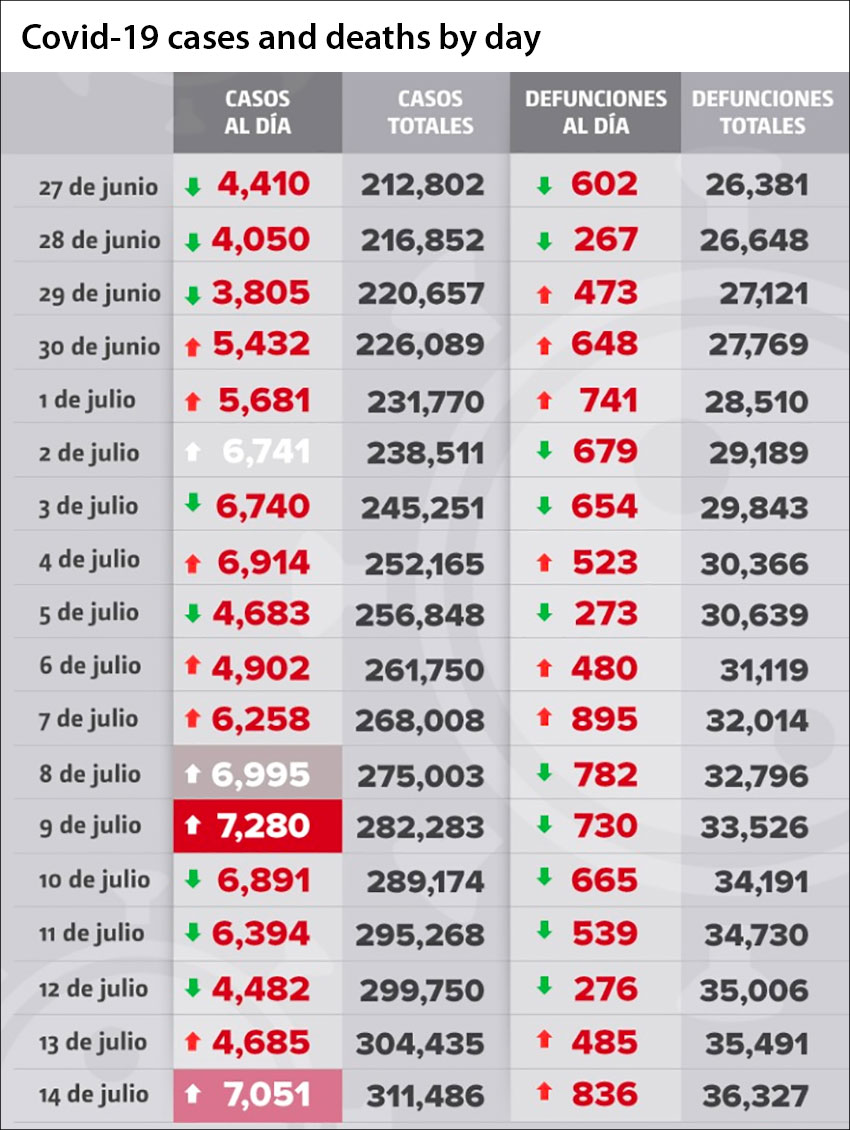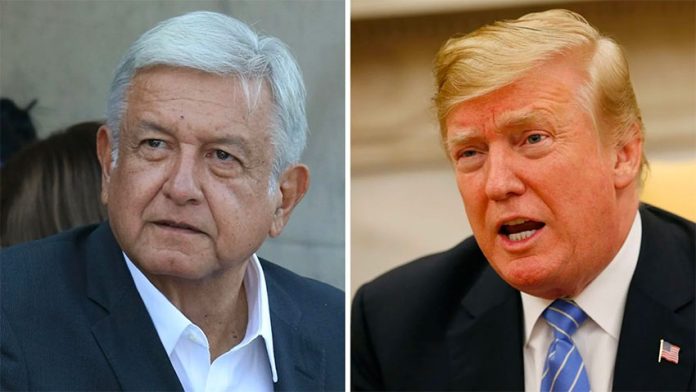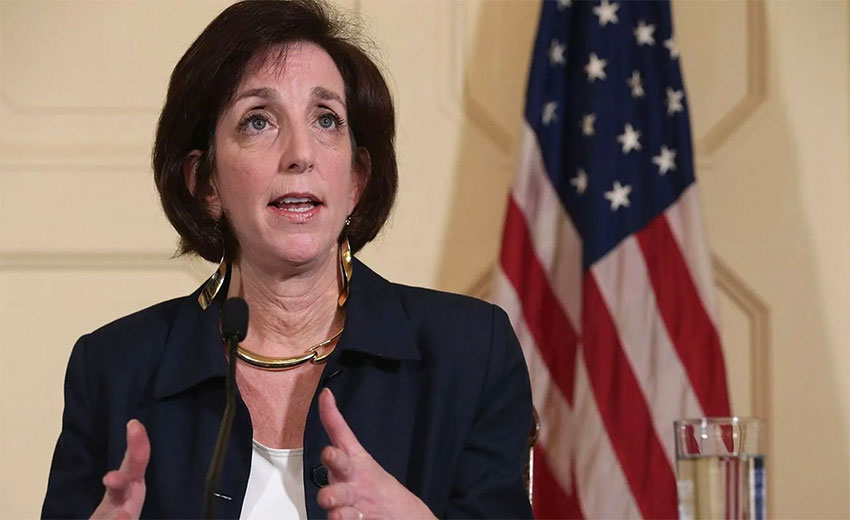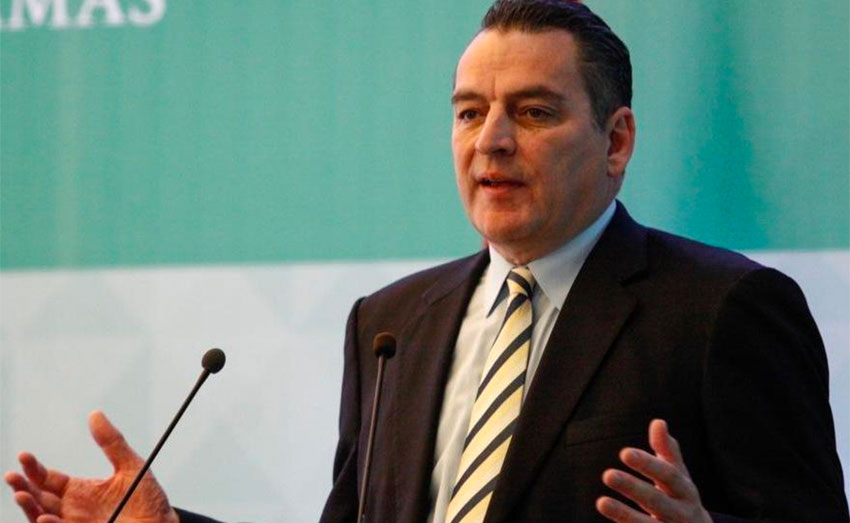Back in 2017 I bought a nice, large, tempered glass desk — the kind that looks like it’s tinted that light mint-green color from the edges. By mid-2018, I’d decided that the room I had it in was actually too pretty to be an office and that it should be my bedroom instead, so I decided to switch out the furniture between the two rooms.
The rooms were separated by half a flight of stairs, and the desk was much heavier than I really should have tried carrying on my own. I could barely move it, but as often happens when I decide to make changes to my home, I was determined to finish what I’d started, and immediately.
About half-way up the steps, the desk shattered. I hadn’t knocked it against anything; it didn’t break from force. It just seemed to suddenly disintegrate in my hands, taking a full three seconds for all of the pieces to fully rain down onto the flight and a half of stairs below.
Reading about tempered glass later, I realized it had broken from strain. It didn’t need a hammer to fall on it or to have it slammed against a wall. It was much more delicate than it looked, with a surprisingly low tolerance for the kind of subtle movements that happen when you grab onto something large only from the middle of it.
I tell this story because it feels (both now and when it happened, which was a deeply sad and rough time in my life) like both a metaphor and an omen. Our world feels like it’s at that very point right before the gigantic pane of glass shatters and falls onto the ground in a million tiny pieces. Maybe we’re already in those three seconds where it’s all in the process of raining down.
And what do our presidents do while this is happening? I mean aside from playing down the seriousness of both the break and its effects, that is.
They meet to celebrate a new trade deal as if our economy, not to mention our lives, weren’t rushing to the ground in sharp fragments all around us.
If there were ever a time that we could accuse our leaders of sticking their heads in the sand and refusing to face society’s problems, it’s now.
As anyone who’s been following the news knows, last week President López Obrador traveled to the United States to meet with President Trump. The point of the meeting, they said, was to celebrate the new trade deal among Canada, the United States, and Mexico. Prime Minister Trudeau of Canada, with his flawless social graces and penchant for setting quiet examples for his own citizens, smartly backed out early on with talk of important previous engagements. (As a side note, I’d like to thank you, PM Trudeau, for taking that jab at Trump by implying you had something more important to do than hang out with him; truly, it’s appreciated.)
In his absence, the two men who see themselves as the victimiest victims of the media in the world got together for a celebration. And guess what? They’re BFFs now.
I suppose at this point I shouldn’t be surprised. Though they’re ideologically at opposite ends of the spectrum, they both love political showmanship and grand announcements about how great everything is as a result of their “excellent leadership.”
AMLO has been accused of unfairly helping Trump in the wake of an upcoming election. While I think this may indeed wind up as a latent function of his visit, I very much doubt that it was an explicit purpose.
There were also plenty of complaints from both ends of the political spectrum here in Mexico (worryingly, everyone who publicly criticized his visit was immediately designated as “our opposition,” giving further evidence to the fact that AMLO considers anyone who disagrees with a decision he’s made as an enemy — remind you of anyone?) Critics accused López Obrador of prostrating himself before a man who has hurt not just our feelings and pride, but many of our people on “his” side of the border.
After all, Mexico essentially changed its entire security policy in order to become Trump’s wall, causing an increasingly precarious humanitarian crisis on our side of the border.
So why did he go?
Well, it’s probably just smart politics at least to pretend to be friends with an all-powerful bully who can really hurt you if he decides to, and Trump has proven his ability to do so to pretty much every vulnerable group of people out there. Still, I think recent history has proven that a previous friendship with Trump is absolutely no guarantee of safety from his easily-released wrath. Why, just ask Reince Priebus. Or Sarah Huckabee Sanders. Or Steve Bannon. I could use up the rest of my space here on a complete list, but it hardly seems worthwhile.
It was also a smart(-ish), albeit obvious, political distraction for both of them: the coronavirus is swallowing both people and livelihoods whole on both sides of the border with no end is sight. We were facing plenty of crises each even before the pandemic hit, and those problems, while coming in and out of focus occasionally, haven’t even nearly disappeared.
Is anyone really thinking about trade right now? Never mind that our economies will be unrecognizable by the time this is over anyway. Our world is literally falling apart; our economies and the hard-won living standards that so many have only recently achieved are disintegrating before our eyes.
Mr. Presidents, not even the two of you can spend your days walking over tiny shards of glass as if they weren’t there. It’s time to get to work for real. Please.
Sarah DeVries writes from her home in Xalapa, Veracruz.
